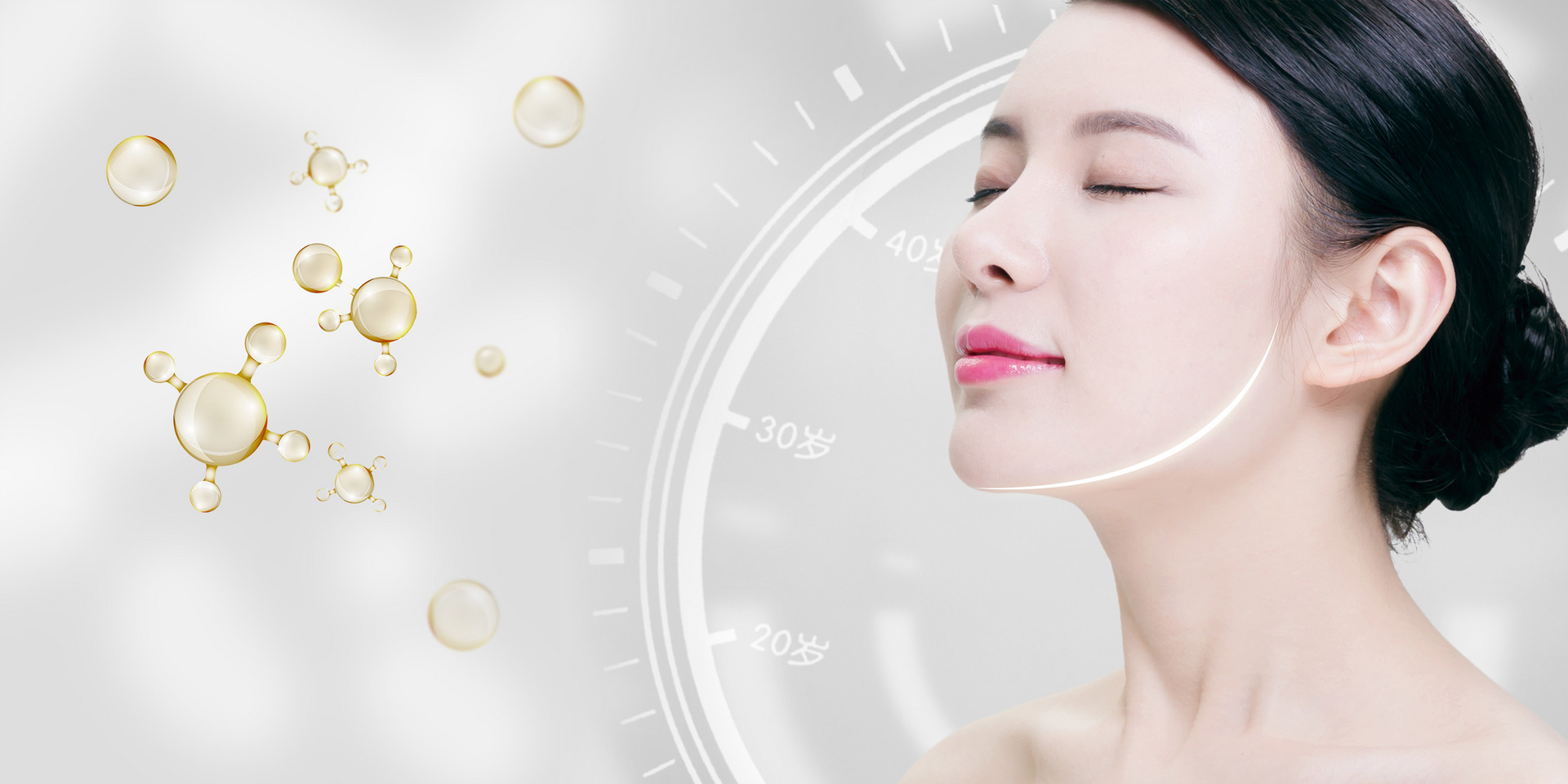Eating fresh flowers is a unique custom among ethnic minorities in Yunnan. Eating fresh flowers not only enhances beauty but also promotes health. Nowadays, eating flowers has become a trend, a taste, and a luxury. Edible flowers are grown in highland mountain areas with no pesticide or chemical fertilizer pollution, pure water sources, and fresh air. The planting process strictly follows the operation of pollution-free agricultural products, using only organic fertilizers. The products are safe and hygienic.
Jasmine flowers have anti-inflammatory and detoxifying properties. Since ancient times, jasmine flowers have been loved for their beauty and fragrance, simple yet elegant. Jasmine flowers remain evergreen throughout the year and bloom continuously in the summer and autumn seasons. They have a jade-like color and a refreshing fragrance. Jasmine flowers also have high medicinal value, health benefits, and beauty-enhancing effects. Jasmine flowers have a cooling nature, a mild fragrance, and can relieve bloating. They have a spicy and sweet taste, with a warm nature. They have the effects of regulating qi, alleviating pain, warming the middle and stomach, reducing swelling, detoxifying, and strengthening the immune system. Jasmine flowers are a traditional health product in China. The "Compendium of Materia Medica" records that jasmine flowers have the effects of regulating qi, dispelling depression, dispelling filth, and invigorating the middle. Regular consumption of jasmine flowers has a good anti-inflammatory and detoxifying effect on dysentery, abdominal pain, conjunctivitis, and ulcers. Jasmine flowers also have the functions of clearing the liver, improving eyesight, moistening the throat, relieving cough, promoting bowel movements and diuresis, dispelling wind and relieving the surface, strengthening teeth, preventing radiation damage, and anti-aging, which can promote longevity and physical and mental health. Its pleasant aroma has the effects of regulating qi and calming the mind, as well as moisturizing and fragrant skin, improving anxiety, and being effective for chronic gastritis and menstrual disorders. Jasmine flowers, when brewed with pink roses, have a slimming effect and help eliminate toxins from the body.
Jasmine flowers can be used in cooking to add a fragrant taste. Before using preserved jasmine flowers in cooking, open the bag and rinse them three times with clean water, or soak them in clean water for 30 minutes before rinsing and then add them to the dish. Jasmine flowers have a fragrant taste and can be used to make jasmine flower dumplings, jasmine flower buns, jasmine flower cakes, and jasmine flower pastries, etc. They can also be stir-fried, steamed, cold-mixed, or used in soups with meat or vegetarian dishes to create delicious dishes. Here are a few commonly used recipes using jasmine flowers:
Jasmine Winter Melon Soup: Use 30g of fresh jasmine flowers and 50g of winter melon. When cooking winter melon soup, add fresh jasmine flowers. Traditional Chinese medicine believes that jasmine flowers can relieve heat, clear heat, remove dampness, invigorate the spleen, and calm the mind. Winter melon can clear heat and eliminate dampness. Those who often get overheated or have poor appetite can consume Jasmine Winter Melon Soup more often.
Jasmine Flower Congee: Use 60g of fresh jasmine flowers and 50g of glutinous rice. When the rice is almost cooked, add jasmine flowers and cook until ready. It has the functions of soothing the liver, regulating qi, invigorating the spleen, eliminating dampness, and promoting digestion. It is suitable for treating poor appetite, abdominal distension, nausea and vomiting, and stomach discomfort. It is also suitable for women to consume during menstruation, especially for those with dysmenorrhea.
Jasmine Tofu: Use 30g of fresh jasmine flowers and 100g of tofu. Boil the tofu first, then add jasmine flowers when the water boils. Remove from heat immediately after boiling. Eat 1-2 times a day. It has the effects of aromatherapy, oil removal, and weight loss. The pleasant aroma of jasmine flowers can dissolve fats, and tofu can regulate the endocrine function of menopausal women, which is effective for weight loss and beauty for menopausal women.
Jasmine Tremella Soup: Use 25g of tremella and a small amount of jasmine flowers. Put clear soup in a pot, add tremella, cooking wine, and salt to taste. It has auxiliary therapeutic effects on heat cough, dry cough, blood in phlegm, heat in the gastrointestinal tract, constipation with blood in stools, senile bronchitis, dizziness, tinnitus, chronic pharyngitis, menstrual disorders, pulmonary tuberculosis, and hypertension, especially for nourishing the nervous system and post-illness weakness.
Jasmine Chicken Cubes: Use 50g of chicken breast, 50g of jasmine flowers, a small amount of wolfberry, salt, cooking wine, and monosodium glutamate to taste. 1. Rinse the jasmine flowers with clean water and drain on kitchen paper to remove the water. 2. Cut the chicken into cubes and marinate with cooking wine and salt. 3. Heat the oil in a pan, stir-fry the chicken until cooked, add monosodium glutamate, and before removing from heat, add jasmine flowers and wolfberry, then serve on a plate. It can be used for beauty, nourishment, and strengthening the body.
Jasmine Flower Stir-Fried Egg: Use 100g of jasmine flowers, 3-4 eggs, 15ml of cooking oil, and a little salt. 1. Rinse the jasmine flowers with clean water and drain them on kitchen paper. 2. Break the eggs into a bowl, add a little oil, and beat them. 3. Heat the pan, add the cooking oil, and tilt the pan to let the oil naturally flow and form a film covering the bottom of the pan. Quickly pour in the beaten egg mixture while stirring. This way, the eggs will have a similar size to jasmine flowers. 4. Season with a little salt according to personal taste, add the previously prepared jasmine flowers to the pan, and stir-fry evenly before serving.
(Note: The translations of the recipe names are approximate and may vary depending on the region or personal interpretation.)






